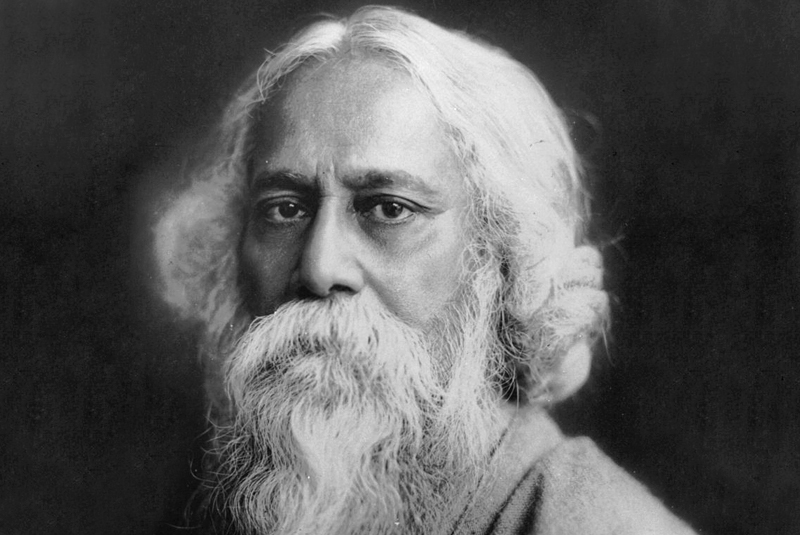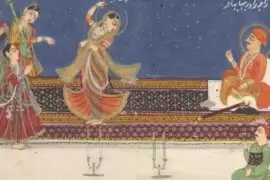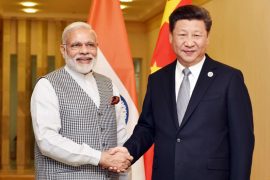Since its genesis, the matrix of India has been a turbulent broth of intersecting political currents. Each dust cloud of an erupting storm conceals within itself the eye of another. Here it is only expected that climatic cataclysms too should influence every ministerial decision, taken by clinically assessing the geopolitical value of the affected region. In the aftermath of the Amphan Cyclone that ravaged significant parts of West Bengal and Odisha, the passivity of the Centre’s response amplified the telling silence demonstrated by most national news outlets vis-à-vis the reportage of the disaster. Interestingly, the criticism that Bengal had to offer was not against the Centre’s disengaged torpor but the implicit othering of the state’s crisis as one beyond the ambit of national concern.
This sense of unbelonging is not new or unique to Bengal: the Seven Sisters of the North-East share the sentiment in their geographic alienation, Kashmir in its identity crisis, states of Southern India in their linguistic estrangement, and other cultural groups whose individuality has been tempered by the model of homogeneity imposed on them. All these elements emerge as chinks in the armour with which powers of authority shield their seats. In that, Bengal’s repeated refusal to be subsumed by fabricated narratives peddled by national ideologues, not only makes it a competent force of opposition but also the vortex at which various strands of politics converge, with issues not necessarily peripheral, but peripheralized.
While the infamous cholbe na attitude might seem like a mere addition to the exhaustive list of stereotypes associated with Bengal, one could also wishfully think of it as strategically designed to counter the general ‘chalta hai’ of India’s mass dynamic. There’s more to the cry of cholbe na than just stagnation or immobility; it does not prevent but resist the power circulating within a democratic circuit, in order to maintain flux. However Bengal does not gain its impetus to resist from party manifestos or governments in power. Instead it derives strength from individual voices that echo the spirit of the collective will- not simply of Bengal but India at large.
-30-
Copyright©Madras Courier, All Rights Reserved. You may share using our article tools. Please don't cut articles from madrascourier.com and redistribute by email, post to the web, mobile phone or social media.Please send in your feed back and comments to [email protected]











